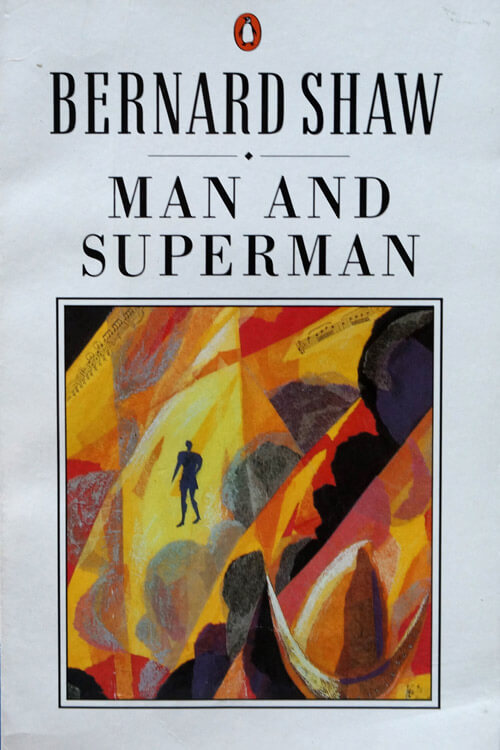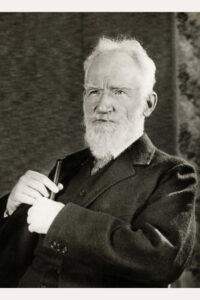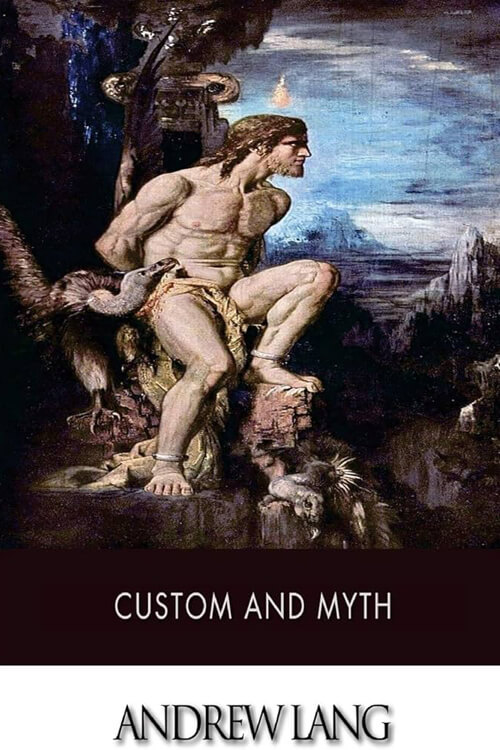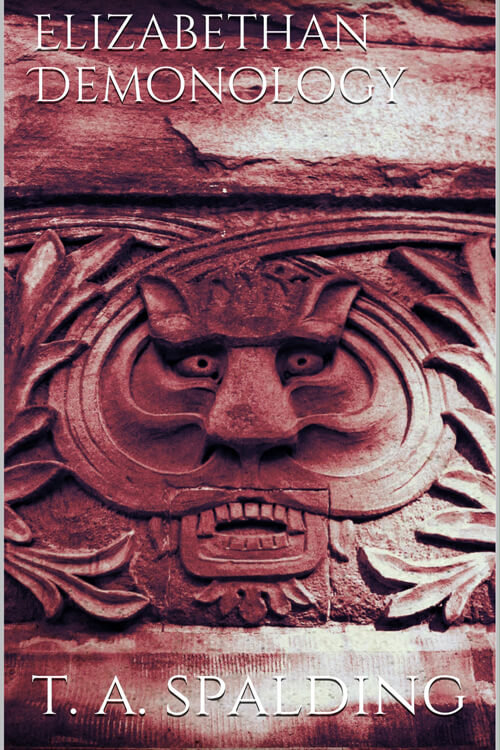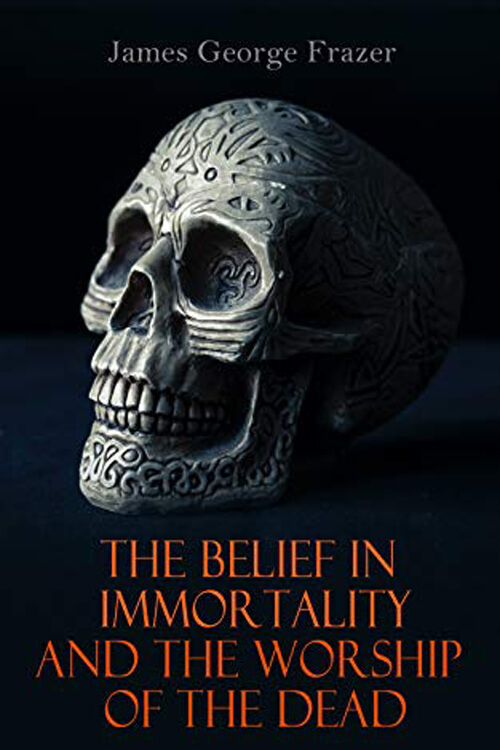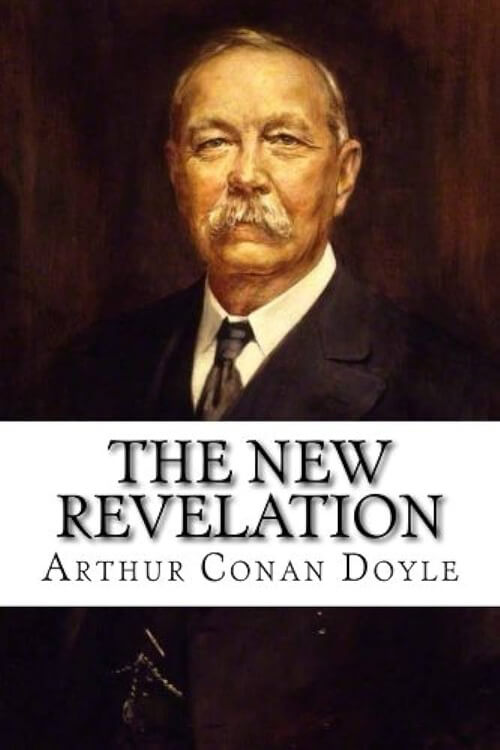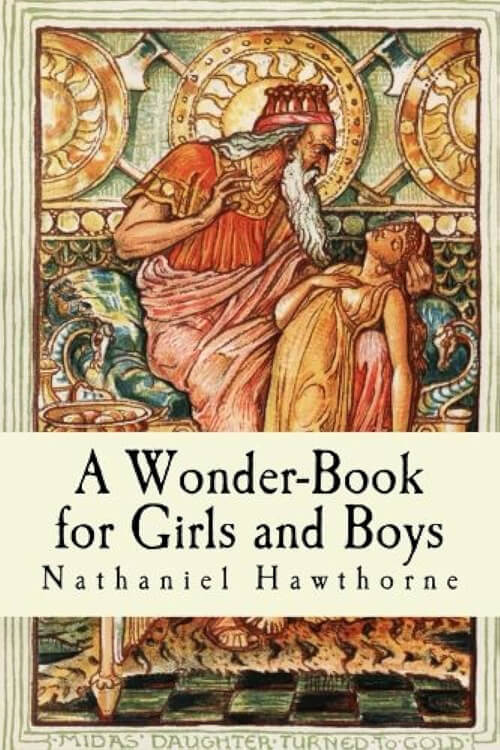
Man and Superman
Man and Superman is a four-act drama written by George Bernard Shaw in 1903. The series was written in response to a call for Shaw to write a play based on the Don Juan theme. Man and Superman opened at the Royal Court Theatre in London on 21 May 1905 as a four-act play produced by the Stage Society, then by John Eugene Vedrenne and Harley Granville-Barker on 23 May, without Act III (“Don Juan in Hell”). A part of the third act, Don Juan in Hell (Act 3, Scene 2), was performed when the drama was staged on 4 June 1907 at the Royal Court.
The play was not performed until 1915, when the Travelling Repertory Company played it at the Lyceum Theatre, Edinburgh. Mr. Whitefield has recently died, and his will indicates that his daughter Ann should be left in the care of two men, Roebuck Ramsden and John Tanner. Ramsden, a venerable old man, distrusts John Tanner, an eloquent youth with revolutionary ideas, whom Shaw’s stage directions describe as “prodigiously fluent of speech, restless, excitable (mark the snorting nostril and the restless blue eye, just the thirty-seconds of an inch too wide open), possibly a little mad”. Despite what Ramsden says, Ann accepts Tanner as her guardian, though Tanner does not want the position. She also challenges Tanner’s revolutionary beliefs with her ideas. Despite Tanner’s professed dedication to anarchy, he cannot disarm Ann’s charm, and she ultimately persuades him to marry her, choosing him over her more persistent suitor, a young man, Tanner’s friend, Octavius Robinson.
Read or download Book
George Bernard Shaw
George Bernard Shaw (26 July 1856 – 2 November 1950), known at his insistence as Bernard Shaw, was an Irish playwright, critic, polemicist and political activist.
Biography
His influence on Western theatre, culture, and politics extended from the 1880s to his death and beyond. He wrote more than sixty plays, including major works such as Man and Superman (1902), Pygmalion (1913) and Saint Joan (1923). With a range incorporating both contemporary satire and historical allegory, Shaw became the leading dramatist of his generation and, in 1925, was awarded the Nobel Prize in Literature. Born in Dublin, Shaw moved to London in 1876, where he struggled to establish himself as a writer and novelist and embarked on a rigorous process of self-education.
By the mid-1880s, he had become a respected theatre and music critic. Following a political awakening, he joined the gradualist Fabian Society and became its most prominent pamphlete. Shaw had written plays for years before his first public success, Arms and the Man, in 1894. Influenced by Henrik Ibsen, he sought to introduce a new realism into English-language drama, using his plays to disseminate his political, social, and religious ideas. By the early twentieth century, his reputation as a dramatist was secured with critical and popular successes, including Major Barbara, The Doctor’s Dilemma, and Caesar and Cleopatra. Shaw’s views were often contentious; he promoted eugenics and alphabet reform and opposed vaccination and organized religion. He courted unpopularity by denouncing both sides in the First World War as equally culpable and, although not a Republican, criticized British policy on Ireland in the postwar period.
These stances had no lasting effect on his standing or productivity as a dramatist; the inter-war years saw a series of often ambitious plays which achieved varying degrees of popular success. In 1938, he provided the screenplay for a filmed version of Pygmalion, for which he received an Academy Award. His appetite for politics and controversy remained undiminished; by the late 1920s, he had largely renounced Fabian Society gradualism and often wrote and spoke favourably of the right and left dictatorships—he expressed admiration for both Mussolini and Stalin. In the final decade of his life, he made fewer public statements. Still, he wrote prolifically until shortly before his death, aged ninety-four, having refused all-state honours, including the Order of Merit in 1946. Since Shaw’s death, scholarly and critical opinions about his works have varied. However, British dramatists have regularly rated him as second only to Shakespeare; analysts recognize his extensive influence on generations of English-language playwrights. The word Shavian has entered the language as encapsulating Shaw’s ideas and his means of expressing them.

